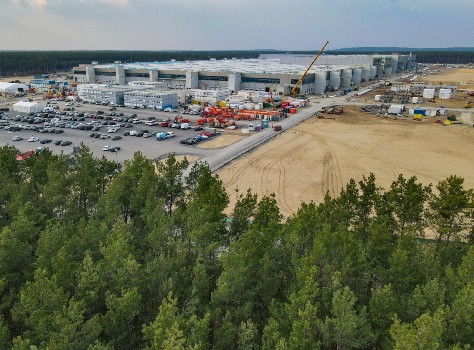“There is an offer by Volkswagen. For us it is not a practical way,” a Porsche spokesman told AFP.
In the event of a merger, a credit worth €10.75 billion ($15 billion) agreed to by a consortium of banks in favour of Porsche would have to be renegotiated “right away,” he added.
A press report said over the weekend that VW had presented a merger proposition to Porsche which would proceed via cross shareholdings, with VW taking a stake of 49.9 percent in Porsche.
Porsche currently owns 51 percent of the shares in VW.
The plan “was transmitted to Wolfgang Porsche last week,” but “it has not been brought to the attention of the Porsche board,” the spokesman said.
Relations between the two car makers have deteriorated in recent weeks, as well as between the owners of Porsche, the Porsche and Piech families.
Ferdinand Piech, head of the VW supervisory board, and his cousin Wolfgang Porsche disagree on how to get Porsche out of the financial dead-end it finds itself in since buying a majority of VW’s shares.
The move was in large part responsible for Porsche’s current debt of around nine billion euros.
Piech would like to merge the two companies, while Wolfgang Porsche backs the contested head of Porsche, Wendelin Wiedeking, who wants to keep his company independent, and save his job.
Talks with the Gulf state of Qatar on taking a stake in Porsche were aimed at doing that, and are “in the final stretch,” Porsche said on Monday.
But no decision has been reached on how Qatar might make its investment, the Porsche spokesman acknowledged.
Among the three main possibilities are a direct investment in Porsche, the purchase of VW stock options held by Porsche, “or else both,” he said.
Qatar appears to favour the last option, but only once Porsche and VW have reached agreement on their situation.
The Porsche spokesman was unable to say if both sides planned to meet again in the near future.



 Please whitelist us to continue reading.
Please whitelist us to continue reading.
Member comments